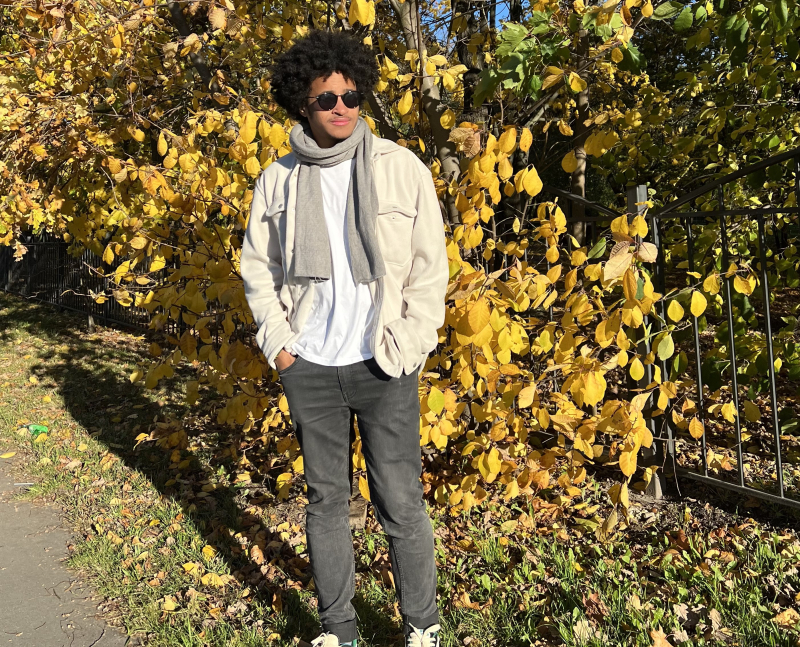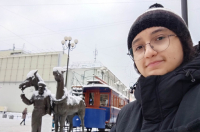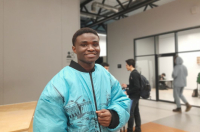How would you describe yourself?
I am someone who loves to hustle. From a very young age, I’ve had a competitive spirit. I always love to get the job done at all costs. I value my work ethic the most. That’s how I am.
Tell us something about Tanzania.
I’d say it is one of the best African countries, if not the best! Unlike Russia, the weather is quite warm. It has the famous Mount Kilimanjaro, the highest mountain in Africa, which is also a dormant volcano. Serengeti National Park, also known as a safari mecca, is one of the most popular tourist destinations in Tanzania. Here you can find lions, leopards, elephants, rhinos, and buffaloes.
What is it like to live there?
Tanzania is called the Canada of Africa, mostly because it is a very peaceful country. The people are very kind and welcoming. The lifestyle is also quite good. I am very proud to have grown up in that country because it gave me a unique perspective on life that I would not have gotten if I were raised in another country.
What are the languages that are usually spoken in Tanzania?
Tanzanian people commonly speak English and Swahili. The latter is more widely used than English. Swahili is taught to kids in every government school. Many more tribal languages exist as well.
What brought you to Russia?
After graduating from school in 2020, I decided to go abroad and study robotics. I found out that ITMO is one of the leaders in this discipline. Now, here I am, a student in the Bachelor’s program in mechatronics and robotics.
What made you interested in robotics?
Its potential to revolutionize the world really fascinated me. We have not yet fully uncovered the potential of AI and robots. Of course, there is a darker side to these, but if we can use them ethically, then I am sure that many of our problems will be solved.
Do you think robots will replace humans everywhere?
When electric cars appeared, many people thought that they would completely replace petrol/diesel cars. But that did not happen. Similarly, robots, in my opinion, will never be a substitute for humans. Some jobs will perish but new ones will emerge.
Also, I was listening to a podcast the other day and the host mentioned that money is an artificial social construct that was made to replace barter. Therefore, in the future, people might again invent a novel way of earning money. Maybe governments will start providing every citizen with a stipend every month.
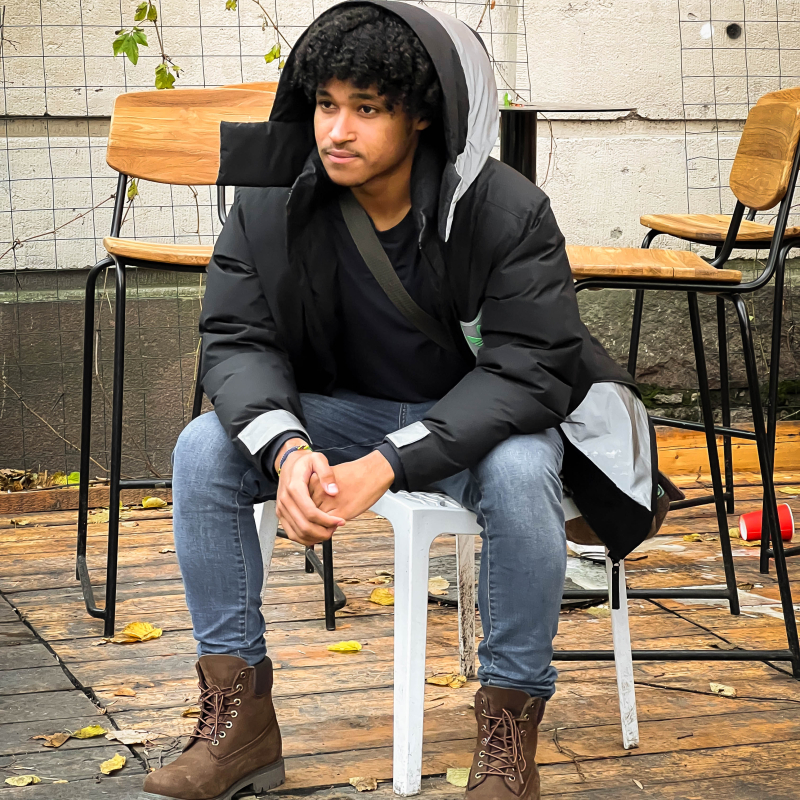
“Robots can help us solve many global challenges – this is what inspired me to study robotics,” says Anton. Photo courtesy of the subject
Let’s talk about your new life in Russia. How does it feel to live in St. Petersburg?
One of the main reasons why I selected ITMO as my university was its location. I didn’t want to live in Moscow or Tomsk, although both of them are great cities. Somehow, the Venice of the North appealed to me a lot. I absolutely love the white nights. The people are also very nice here. Most of them have an interest in art, which I really appreciate. I resonate with such communities.
What about the weather? Do you like winter?
The winter is tough but it's not problematic. So far I have enjoyed the weather here. Barring winter, the climate of St. Petersburg is magical, especially in spring and autumn.
Did you have any surprising experiences in the city?
People often relate culture shock to negative experiences, but for me, it is the opposite. When I arrived in St. Petersburg, I was surprised to see the discipline on the roads. At the zebra crossings, I saw drivers willingly signaling me to cross the road while they waited patiently. Even when the signal is green! It is very new to me because back home, such behaviors are never to be found.
Did food shock you, too? How did you adapt to Russian cuisine?
Here comes an interesting twist to my tale. The food isn’t really a cultural shock to me because my mother is Russian. I grew up eating many Russian dishes like borscht, pelmeni, blinchiki, etc. But I do miss some of the Tanzanian dishes that I was fond of.
That changes a lot of things. You must be very comfortable with the language, then.
I can speak Russian well. I used to speak Russian with my mom back home. However, I don’t have much knowledge of grammar. So, I had to take the Foundation Program to learn it.
How did you celebrate New Year at home?
New Year is a global celebration and everybody celebrates it with their friends or families. In Russia, it is more of a family occasion and I grew up celebrating this day with my parents.
You must be familiar with Russian holiday dishes, right?
Olivier salad is one dish that is a must on the table. Every year, my mum used to make it at home. There are other dishes as well, like crab salad, vinaigrette, and fish like mackerel, etc.
How did you celebrate New Year this time?
Celebrating New Year away from home is tough because as I said, it is a family occasion. This time, I went to a public celebration with my friends, where we welcomed 2023 with beautiful fireworks.
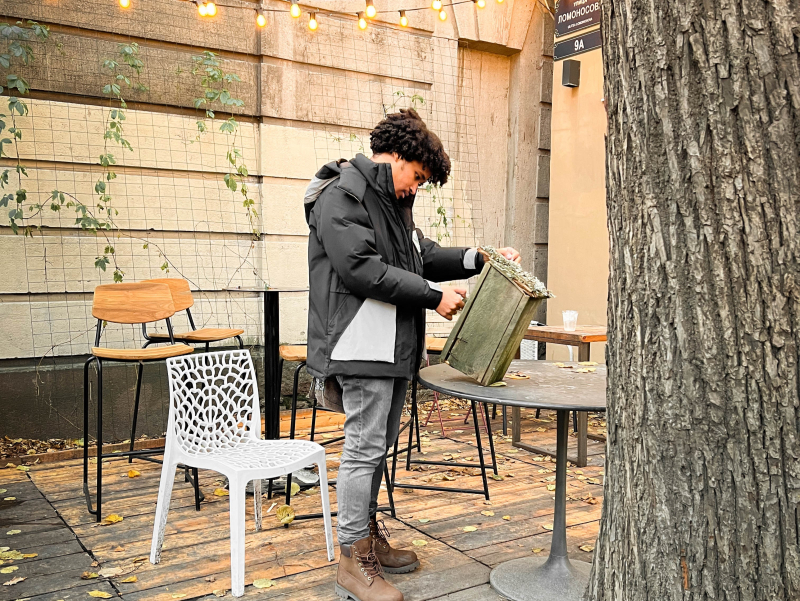
Photo courtesy of the subject
Do you have any New Year’s resolutions?
I don’t really believe in resolutions. For me, it is just a fancy way of procrastinating. I like doing things in real-time. If something needs to be done, it is better to do it now rather than postpone it.
What is your favorite movie to watch during the holidays?
I grew up watching many Russian movies as a child but my favorite was Morozko, also known as Frosty or Jack Frost. It is a beautiful Russian fairytale that made it to the silver screen back in 1964!
